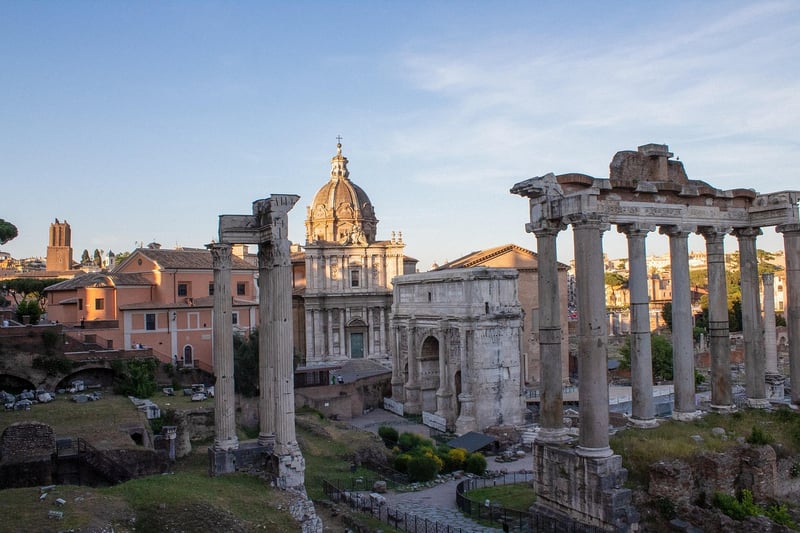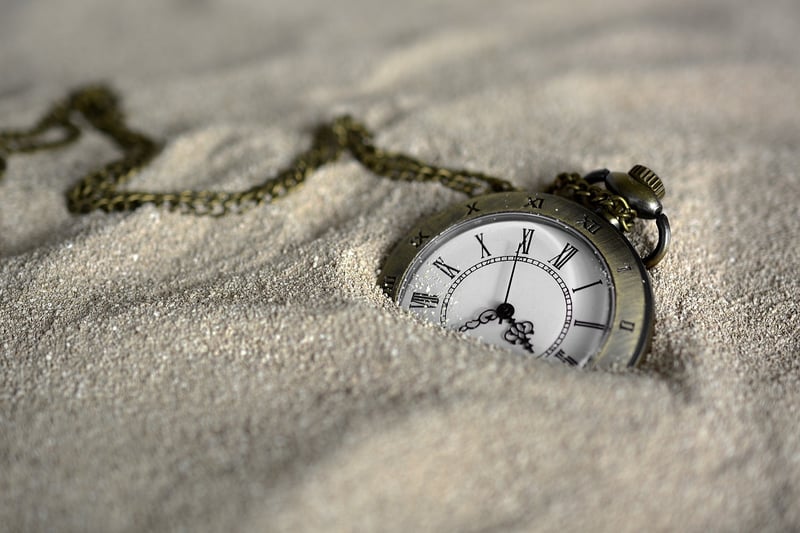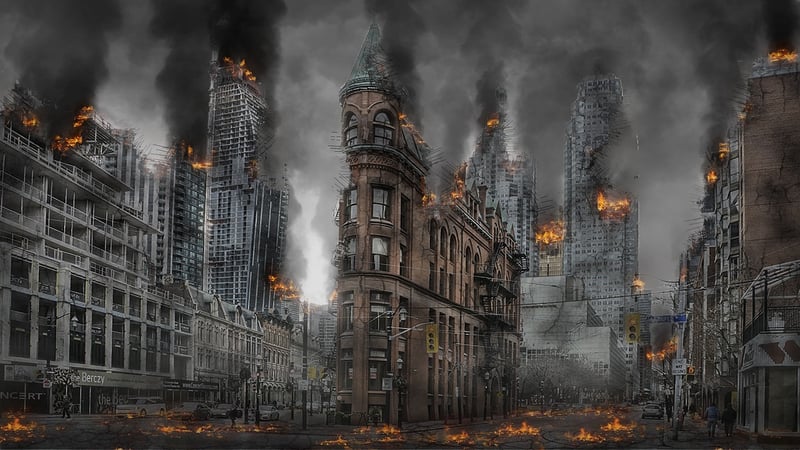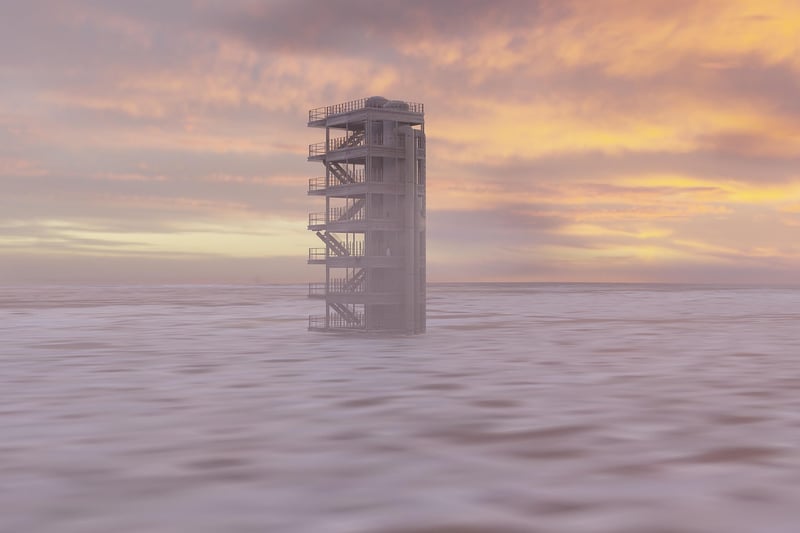Dystopian Worlds
Exploring Dystopian Worlds Through Different Eras
Throughout history, literature has been a powerful tool in exploring societies and imagining future worlds. Dystopian fiction, in particular, allows readers to delve into dark, often exaggerated realities that serve as cautionary tales or reflections of contemporary issues. Let's take a journey through diverse eras and explore how each period has contributed to the rich tapestry of dystopian literature.
Ancient World: The Origins of Dystopian Thought
Ancient civilizations such as Greece and Rome laid the groundwork for dystopian ideas. Plato's "The Republic" envisioned a society governed by a philosopher-king, highlighting the dangers of unchecked power and the loss of individual freedoms. This early work set the stage for exploring utopian and dystopian themes that would continue to evolve over the centuries.

Industrial Revolution: The Rise of Technology and Social Critique
The Industrial Revolution brought about rapid technological advancements but also raised concerns about the impact of progress on society. Authors like H.G. Wells in "The Time Machine" and George Orwell in "1984" used dystopian settings to critique the dehumanizing effects of industrialization and totalitarianism. These works remain influential in shaping our perception of dystopian futures.

Modern Era: Contemporary Issues and Speculative Futures
In the modern era, dystopian literature continues to thrive as authors draw inspiration from current events and societal anxieties. Margaret Atwood's "The Handmaid's Tale" explores themes of gender oppression, while Octavia Butler's "Parable of the Sower" delves into environmental collapse and social fragmentation. These works offer poignant reflections on our world while challenging readers to consider the consequences of our actions.

Future Horizons: Dystopian Worlds Yet to Be Explored
As we look to the future, the realm of dystopian literature remains ripe for exploration. Emerging writers continue to push boundaries and envision new worlds shaped by technology, climate change, and societal shifts. By engaging with these stories, we confront our fears and hopes for the future, fostering dialogue and reflection on the path we are collectively treading.

Embark on a journey through the diverse eras of dystopian literature and discover the myriad worlds that authors have crafted to challenge, provoke, and inspire. From ancient philosophies to modern anxieties, the genre continues to evolve, inviting readers to contemplate the complexities of human nature and society's trajectory. Let these narratives transport you to unsettling yet thought-provoking landscapes where the boundaries of imagination blur with reality.
